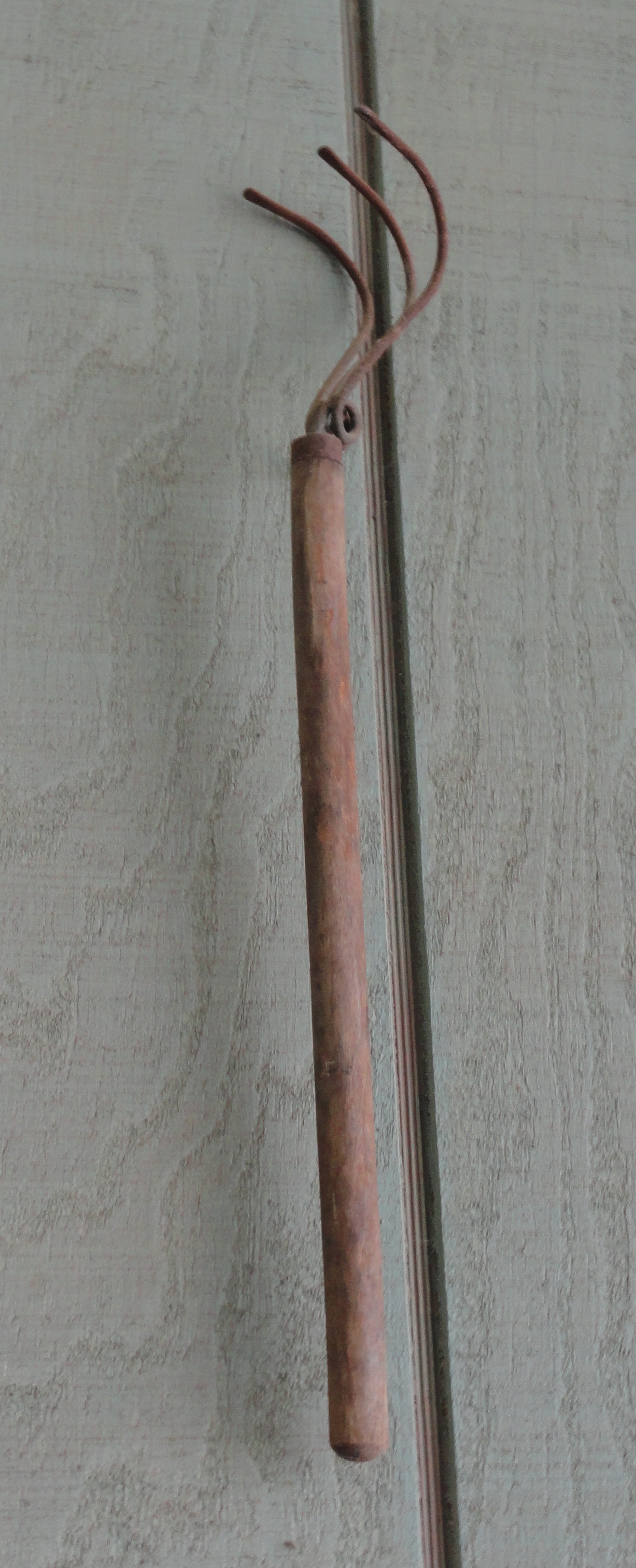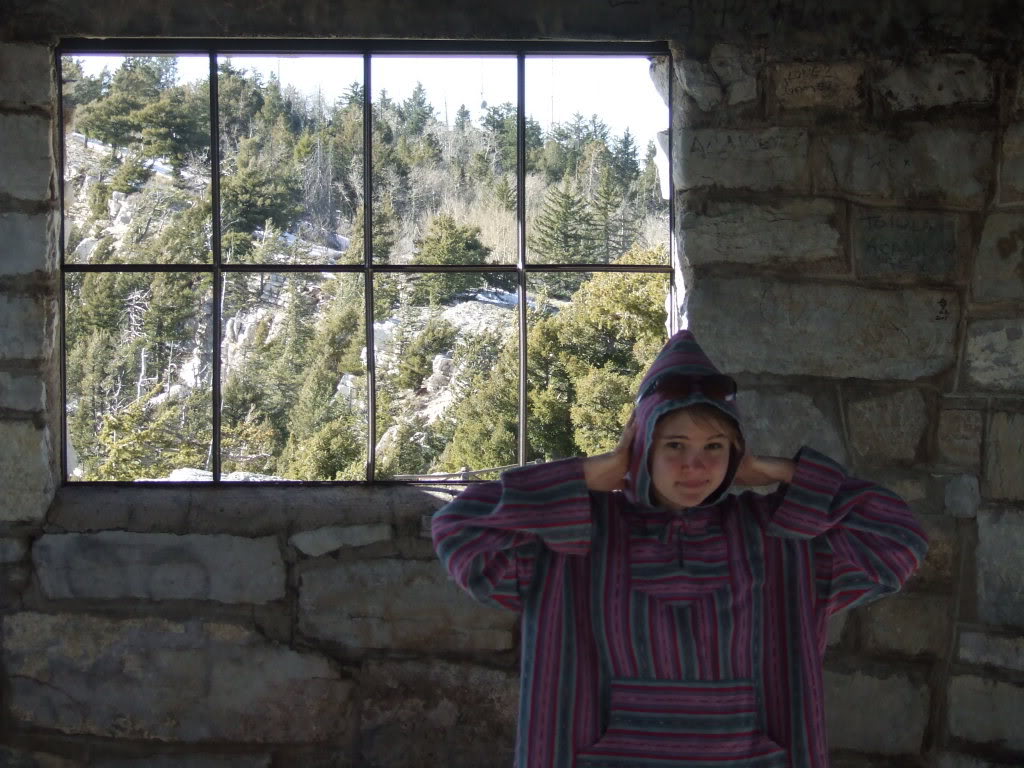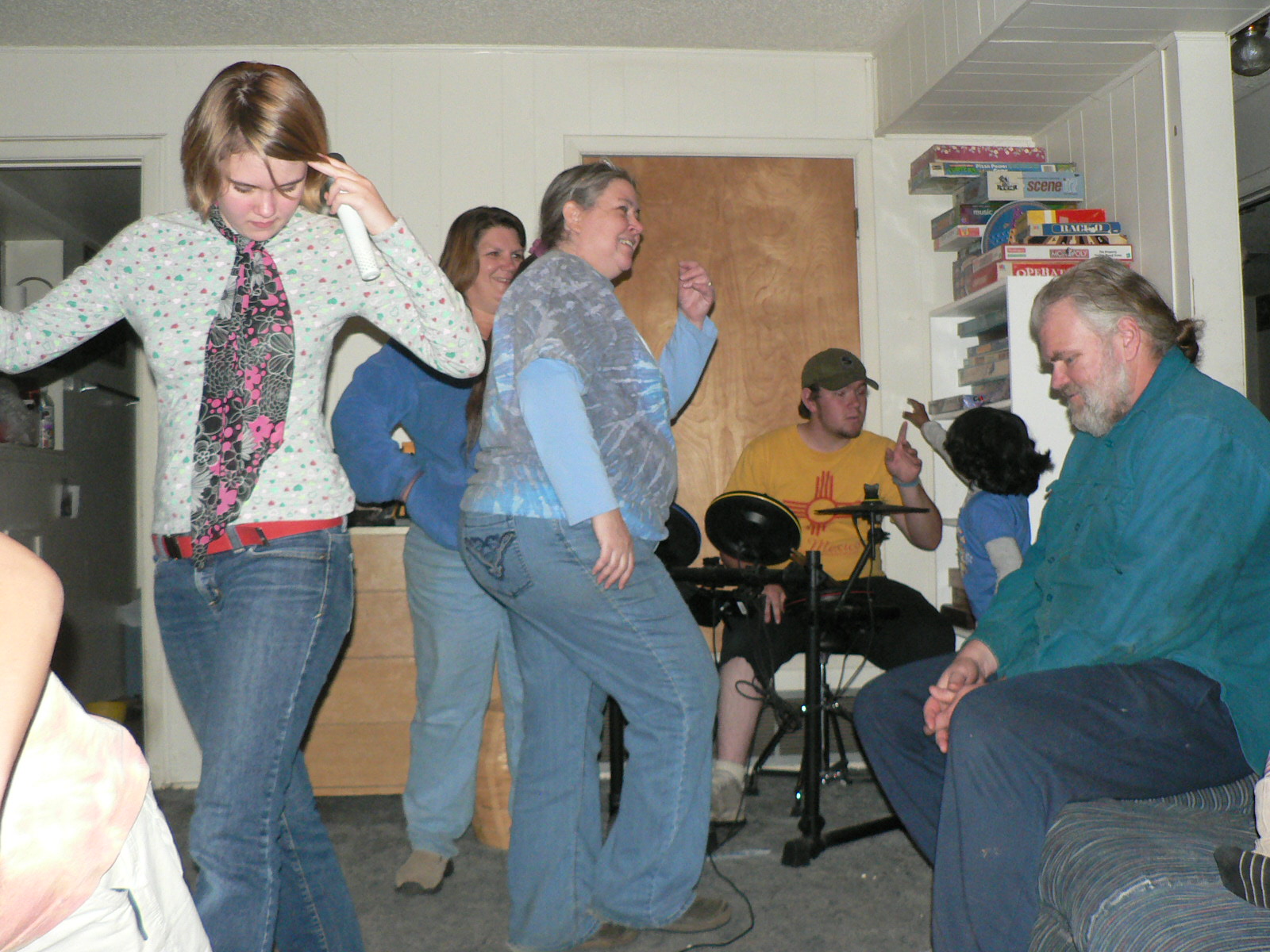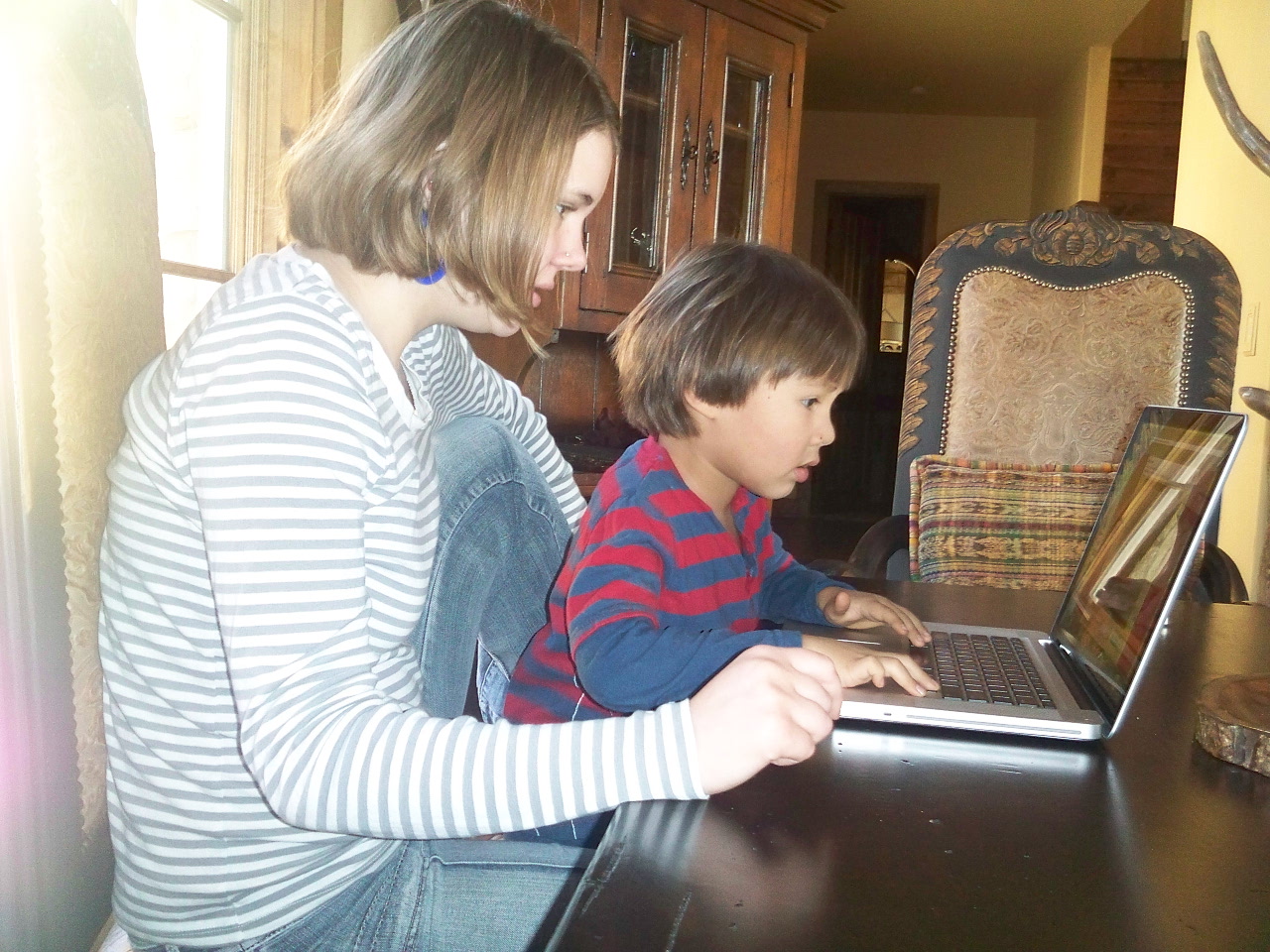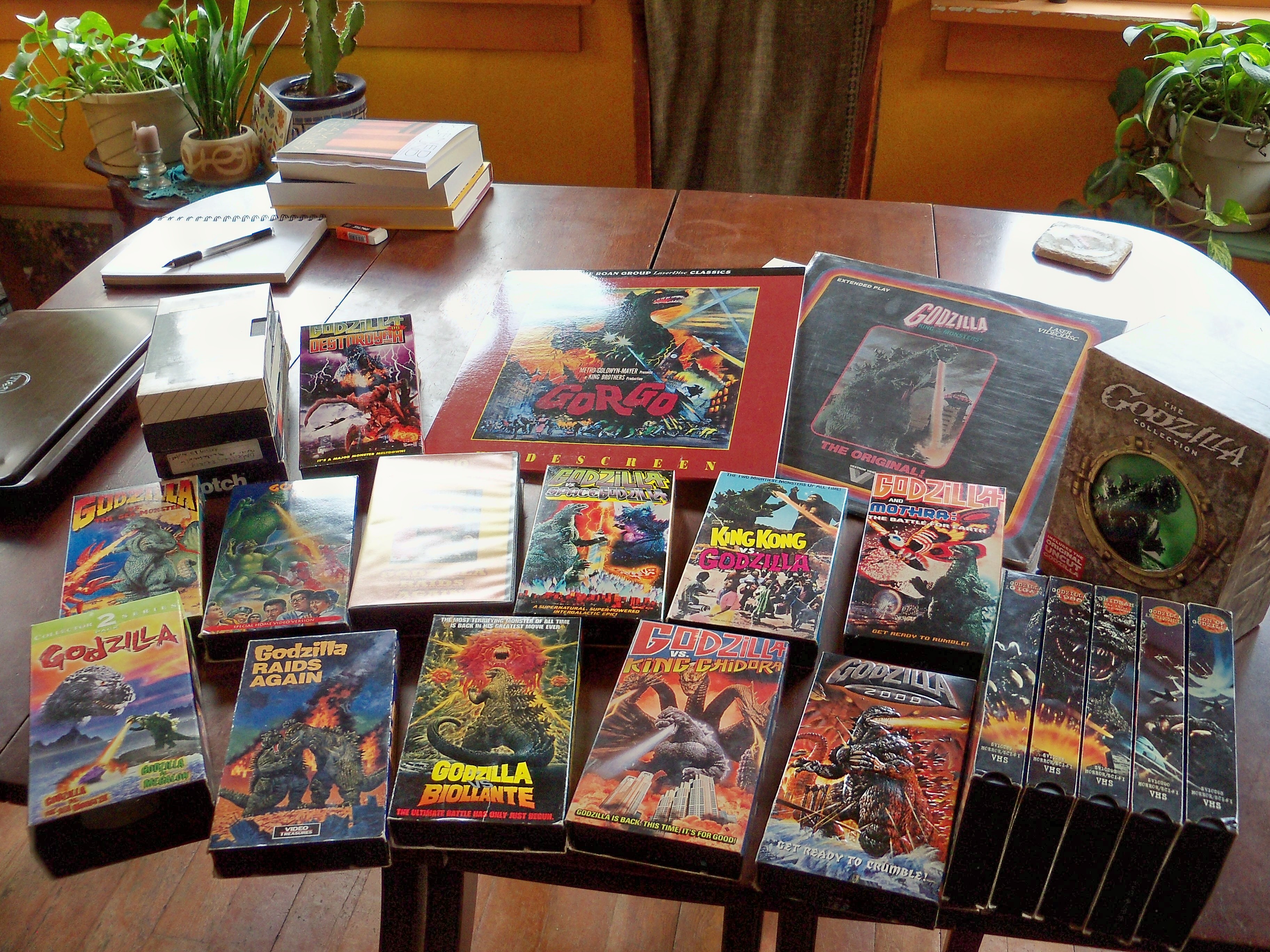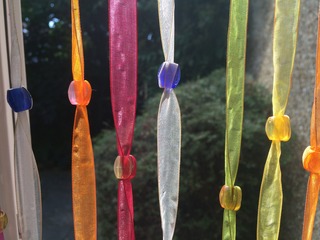 Lyle Perry, who unschooled two boys, wrote:
Lyle Perry, who unschooled two boys, wrote:
While watching a movie, a Kotex commercial came on and spawned a lengthy discussion on menstruation, and how all the different methods of protection work, or don't work, the reasons why women pick one method over another, and what did women do back before companies like Kotex existed. Then the discussion moved to the different methods of birth control, then to birth itself, and C-sections, natural childbirth, etc. All from one little Kotex commercial.
While watching The Mummy (cartoon), we talked about Egypt and the pharoahs, and then slavery, which eventually led to the civil war and Abe Lincoln, and then on to other presidents that had done "great" things.
That's just a few off the top of my head, but the main thing to remember is that none of these discussions were planned, and it's always the kids that initiate the talks, and when they stop asking "why, when, how, who and where" the talk is over. They may come back at a later date and want more information to add to what they know, or they may be satisfied and leave it at that.
TV is not a "bad" thing. TV can be very, very cool.
—Lyle Perry
SandraDodd.com/t/learning
or (bonus link):
SandraDodd.com/presidents
photo by Dylan Lewis







